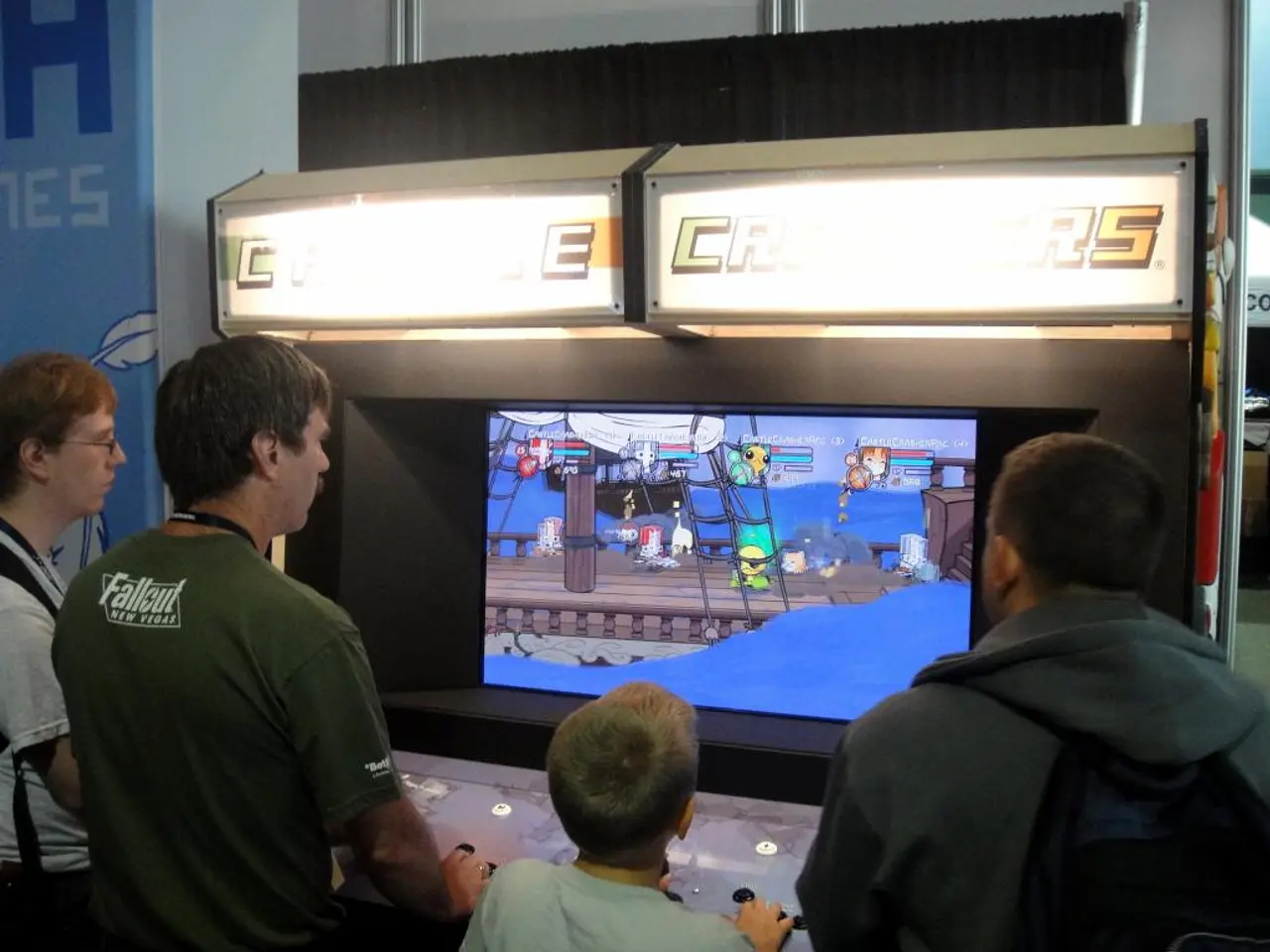Boys and Young Men Now Spend 10 Hours a Week Gaming, Raising Concerns
Boys and young men aged 15 to 24 have significantly increased their gaming time, now averaging around 10 hours a week, according to the American Time Use Survey. This surge, the most notable among all activities, has sparked concerns and debates about its impact on their lives and society at large.
The rise in gaming has been accompanied by technological advancements that make games more engaging and accessible. These immersive experiences can satisfy core developmental needs such as competence, autonomy, and relatedness, as suggested by research. However, they can also be addictive and disruptive. Teachers have reported reduced focus in classrooms due to gaming.
Annie Maheux, a Canadian researcher specializing in adolescents and digital media, notes that boys are more likely to play video games with others and socialize while playing. This shared experience can foster a sense of belonging and community. Yet, parents express concern about the time spent gaming, fearing it displaces other activities. Economists have linked the increase in gaming to the decline in young men's work hours, further fueling the debate.
The significant increase in gaming time among boys and young men has raised questions about its impact on their development, education, and work ethic. While video games offer a sense of belonging and socialization, concerns persist about their potential displacement of other activities and the possible negative effects on focus and work hours. Further research and open dialogue are needed to navigate this evolving landscape.
Read also:
- Overweight women undergoing IVF have a 47% higher chance of conceiving naturally post-weight loss
- Bonsai Trees from Evergreen Species: Exploring Growth Characteristics & Distinct Qualities
- What temperatures may make walking your canine companion uncomfortable?
- Title: Information About Beovu: Potency, Form, Usage, and Additional Details






